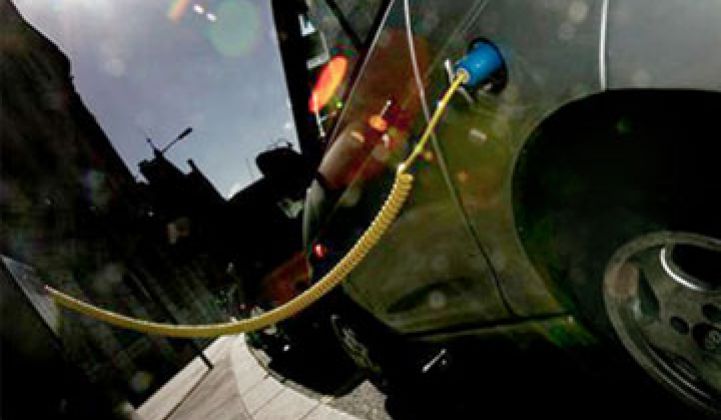They are clean, fast and exciting. But will electric cars sell in large numbers?
Nissan, General Motors, Ford and a host of start-ups like Tesla Motors, BYD and Fisker Automotive have placed a multibillion dollar bet that a growing number of consumers want to buy cars that run wholly or in part on batteries. If it works, electric cars could literally rewrite the political and economic destinies of nations.
The challenges? Batteries are expensive, electric cars can’t go nearly as far on a charge as they can on a tankful of liquid fuel and recharging a car can take hours.
Electric cars sold well in the 1910s and 1920s, but faded out as gas prices declined. In the early 90s, manufacturers hailed a new line of electric cars, but struggled with ways to get the price down. Toyota succeeded when it switched to hybrids.
Circumstances have changed, say proponents. Battery prices have plummeted to $400 a kilowatt hour, or 60 percent less than they were in early 2007, and new chemistries like zinc air and lithium air will increase ranges and cut costs. It's not a Moore's Law rate of improvement, but it could be called Moore's Lite. Battery swapping and leasing could eliminate some of the fears consumers have about being stranded on the road or getting stuck with a lemon.
Perhaps most importantly, they are a blast to drive. See the Tesla test drive here.
Still, there is the price. Will price win out, or will drivers feel the lure of the electric road? Where do you think the future lies?
Read more on this topic in a joint effort by General Electric Ecomagination and Greentech Media, and join the discussion here.



